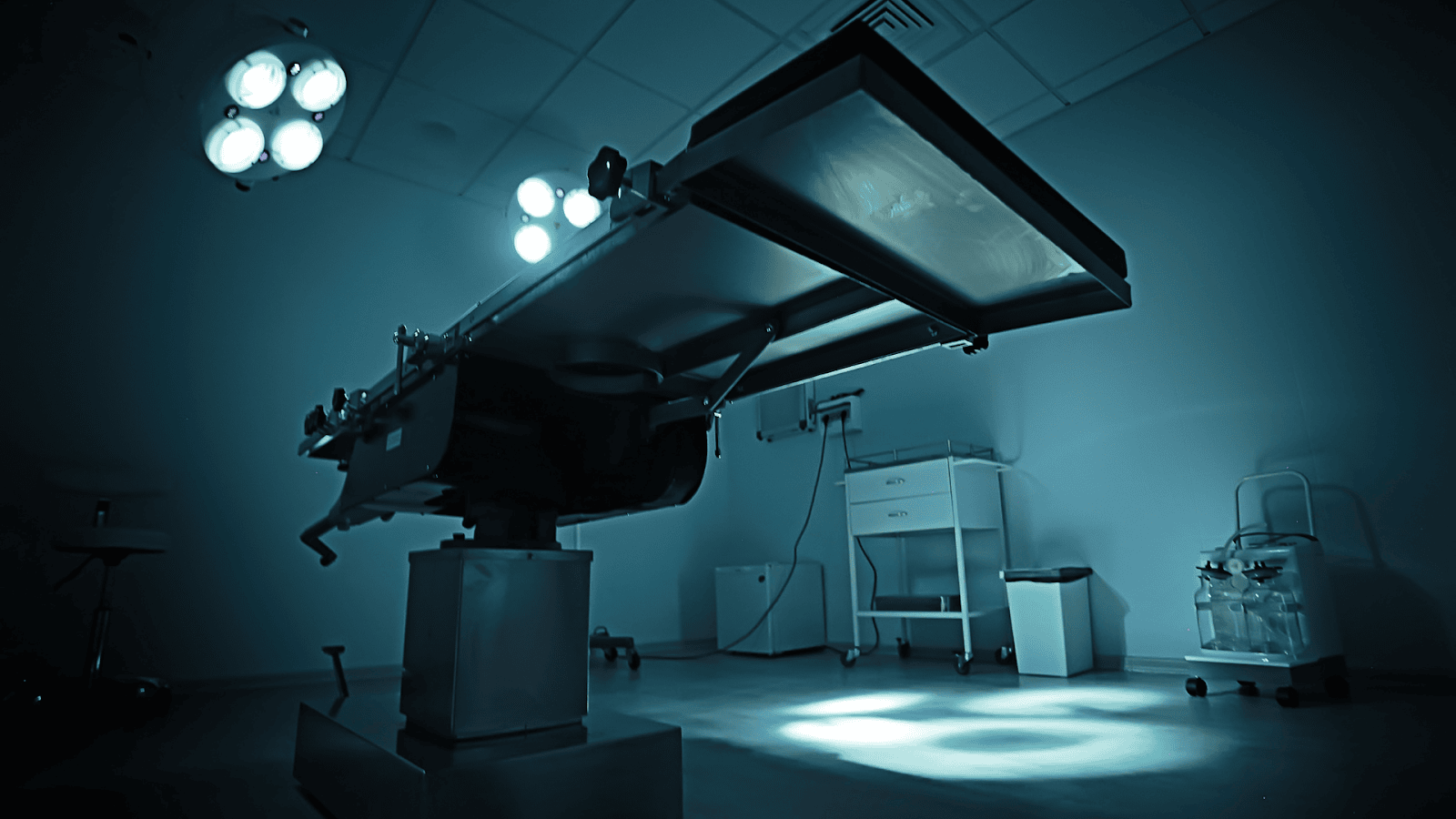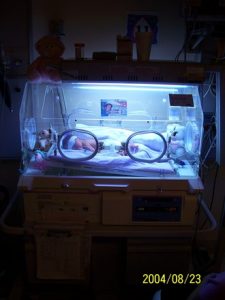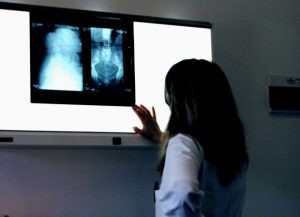
As a firm that has stood at the forefront of personal injury and medical malpractice litigation for years, we at Jeffrey Glassman Injury Lawyers understand the importance of trust, particularly when it pertains to the healthcare sector and medical institutions. It is with a sense of concern and disappointment that we bring to your attention a disturbing development from one of the most prestigious medical institutions in the world, Harvard Medical School.
In an unsettling revelation, a lawsuit has been filed against Harvard Medical School involving a disturbing case of desecration and mismanagement of bodies donated for scientific research. The lawsuit, a class action, was initiated by John Bozek, whose mother’s body was donated to the institution for research purposes. Bozek’s action represents not just his personal grievance but also the concerns of all families who believe their loved one’s body parts were mishandled by the school’s former morgue manager.
 Boston Personal Injury Attorney Blog
Boston Personal Injury Attorney Blog




